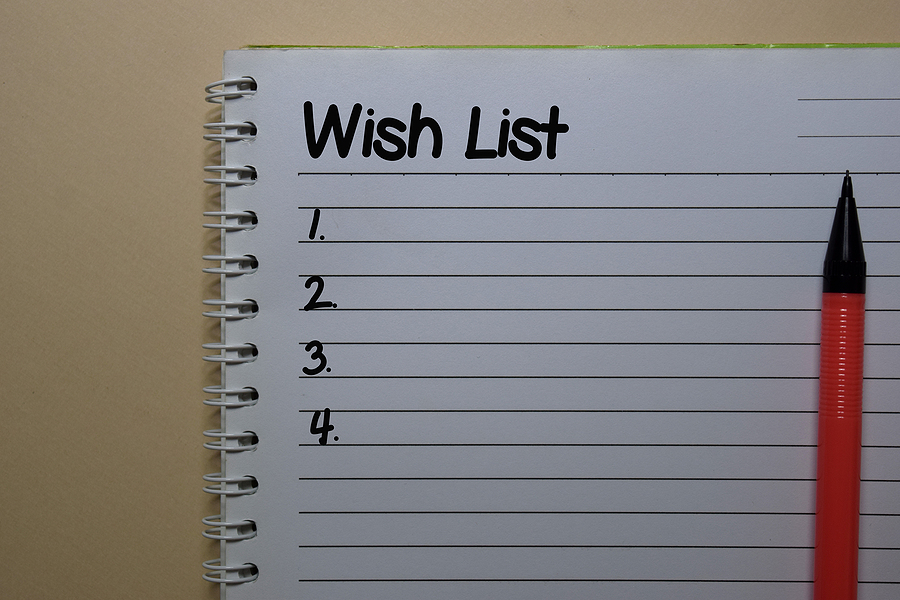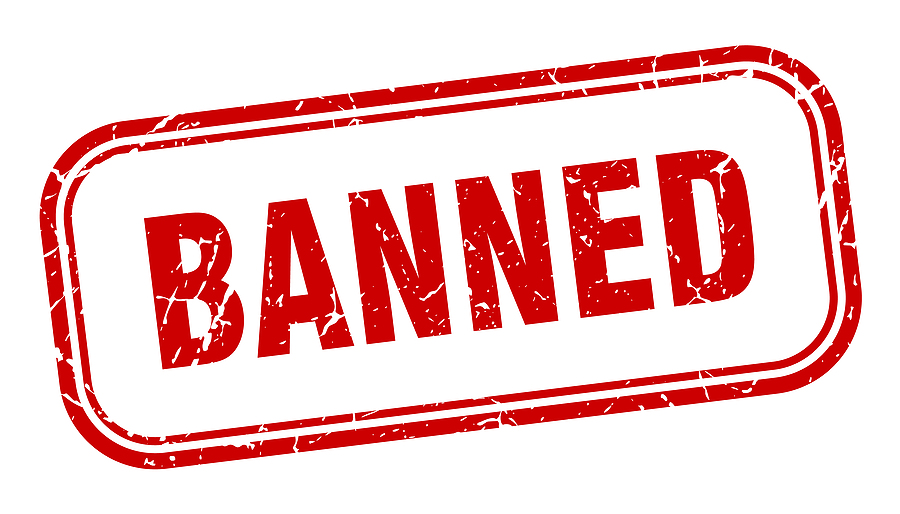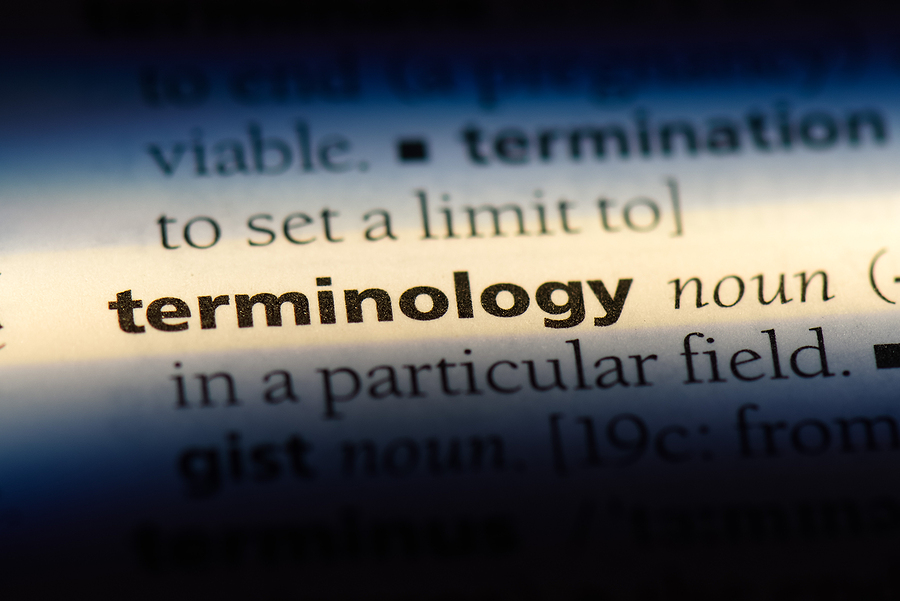Online search engines are immensely powerful, often anticipating what you want and asking, “Did you mean _____?” when it doesn’t locate what you typed. This is very helpful because making your book as findable online as possible is critical since online book sales are pretty important!
Making your book discoverable online is all about keywords. Read a good explanation of them by clicking on the link at the end of this post.
A number of elements go into making a book discoverable, but let’s look at only three for now:
Title/Subtitle – Getting really creative and obtuse on the cover can often cause search problems. The most powerful search engines will probably figure it out. But if you include difficult words that are often misspelled by searchers, have a creative combination of words, or have creative spelling can sometimes work against you. Including one or more keywords in the subtitle is important.
Author Name – If you have a common name (John Smith, Sarah Johnson, etc.), you need to be aware of other authors with the same name and how their name appears. You may need to use a middle initial to distinguish it from another person. Do some research for the least confusing author name possible for you. Even people with more uncommon names can run into this problem. With a million or more books published each year worldwide, there’s a better-than-average chance someone has your same name, causing confusion. Once you settle on your author name, don’t change it.
Description – This is where you need to unleash as many keywords and keyword combinations as possible. This is also not as simple as you think. Keywords that are too common won’t help narrow the results much. A book about prayer will return so many results your book will be buried. Keyword combinations are a good tool. Using “prayer in the public schools” is much narrower and more effective.
You want to know how important keywords are? There are companies selling keyword-analysis tools, which recommend keywords and keyword combinations to improve online search results. Search for “keyword generator” online and you will see a number of options.
If you self-publish, you would do well to learn about all this, and not only by reading an article once in a while. Spend some meaningful time investigating.
If you traditional-publish, you have a team of people thinking about this and who can teach you some skills in this area if you are interested. Or just let them handle it.
Making your book discoverable online is not a natural process for a writer. Often it is best to have someone else determine the keywords. Writers might have more of an “aspirational” view of their work, whereas another person would identify keywords from a reader perspective, which tends to be more objective and accurate.
Always keep online searchability in mind. It’s one of the most important things you can do as an author. Good search results are a combination of knowledge and creativity working together to sell more copies of your book.
A good overview of keywords from IngramSpark.











